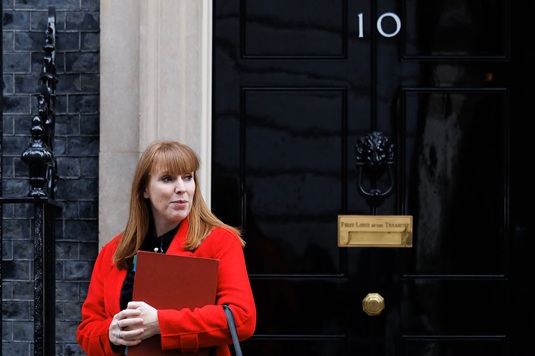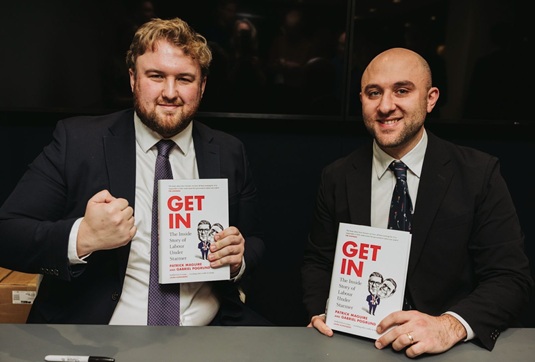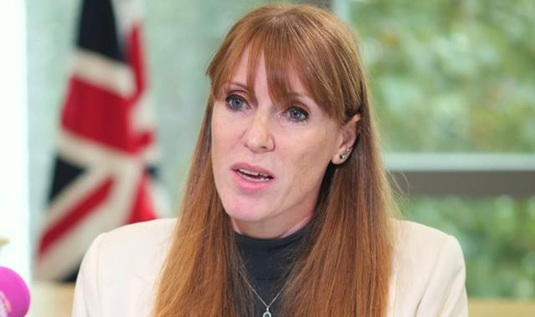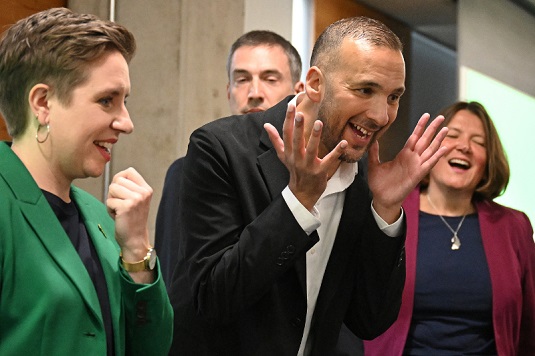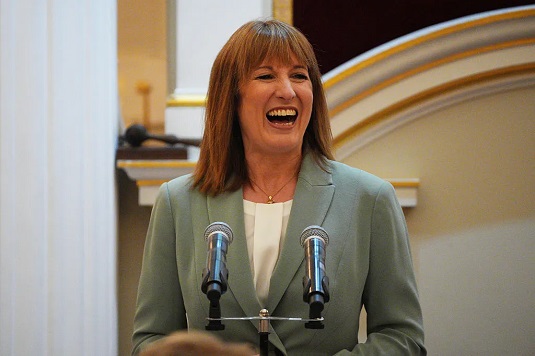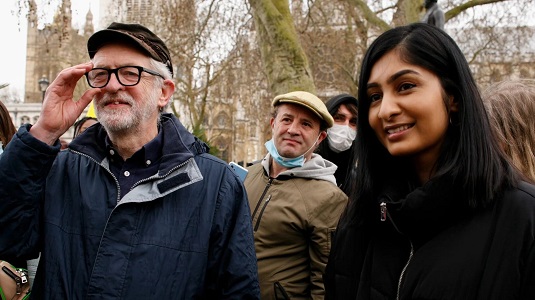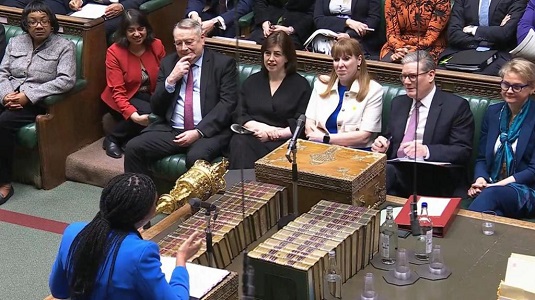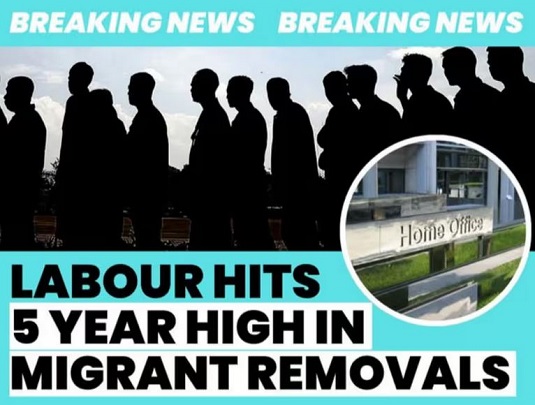
Approximately 100,000 on a far right march in London. A grim new milestone in post-war political history, and one conventional politics has spent all summer cultivating. What, for instance, did the big brains in the Labour Party think was going to happen after tailing the extreme right on immigration, and saying the tiny band of fascist-led protests against asylum seekers - which were self-evident efforts at repeating the same kind of disorder we saw last year - "had a point"? This is the culmination of Keir Starmer's rancid approach to immigration, one that has, alongside blanket media coverage, legitimated and amplified Reform in the first instance, and now enabled mass far right street politics. Never mind the Peter Mandelson scandal, Labour MPs should be demanding his resignation for this catastrophe.
The government's response to racist violence on the streets of the capital this weekend is pathetic. Number 10's comms allowed tumbleweed to roll through the Saturday evening news schedules. And as the Sunday morning politics programmes swung around, there was a statement from our new Home Secretary, Shabana Mahmood, that condemned the violence and ... that was it. An almost apolitical law and order response, as if she was talking about car theft or shop lifting. Worse, Peter Kyle, considered by the leader's office as an able communicator, was invited to venture a political opinion about the far right march on Sky News with Trevor Phillips. He said it showed "free speech was alive and well" in this country. No rebuttal, no response to Elon Musk's call for the overthrow of parliament. Another roll-me-over-and-tickle-my-belly moment. Finally, on Sunday afternoon Starmer uttered something. He said will "never surrender" the flag to the far right. How can the Prime Minister's words be taken seriously with his track record of ceding them the political initiative?
We've been here before. Last summer, Starmer's approach to the riots was politically weak. Instead, he left it to the King of all people to make the rote remarks about cohesion and community. And this reluctance to afford fascism a political rebuttal does not start with Starmer. In the 1930s, as 2010 paper points out, party activists were instructed to avoid agitating and confronting the Mosleyites and that being quiet about the far right would freeze them out of politics. Though, to be fair to this feeble strategy, Labour's efforts at ignoring the British Union of Fascists did not mean adopting the overtly racist parts of their programme or suggesting its thugs were motivated by genuine concerns.
Starmer's timidity toward the far right reflects the politics of our under-fire friend, Morgan McSweeney. Caught in the same doom loop that helped do the Tories in. As a well heeled member of the ruling class, his politics coincide a great deal with Tory statecraft. I.e. Offer nothing that might raise political horizons or get people's hopes up, because that could lead to popular demands they cannot comfortably accommodate within the settlement they defend. And so draw deep on the old, anti-immigrant racist traditions and divert anger toward undesirable out-groups while demonstrating the government's efficacy by dealing decisively with them. It's an approach that smacks of patronising contempt of Labour's voters, while desperately - and against all evidence - hopes it will keep them on board in lieu of anything else. For McSweeney and his view of "working people", anything that might sound like criticism of the racist politics of Nigel Farage, Stephen Yaxley-Lennon, Elon Musk, and he rest of the horror show will put off the people they ignorantly assume might support Labour in the future. A strange strategy when the job of winning the next election is about keeping the voters the party has in the seats that they have, but who are we to dispute the genius that thought bringing Mandelson back would be a good idea?
This is the root of the Labour leadership's paralysis. If we stay quiet while drunk far right mobs scream racist abuse and say they want to assassinate the Prime Minister, perhaps they'll give us a look before the next election. A strategy that will prove a slam dunk for sure. In the real world of politics where the consequences of this are playing out, the results of Starmer/McSweeney's approach has been the loss of one parliamentary by-election, giving away dozens of seats to Reform in council by-elections, and a collapse in Labour's already low levels of support. They are legitimising the extreme right by letting them dictate the terms of politics, and in so doing are paving the way for them while hoping, somehow, its voracious appetite for division and hate will be gratified by Labour's offerings. This is appeasement pure and simple. It didn't stop fascism in the 1930s. And it will not work today.
Image Credit


